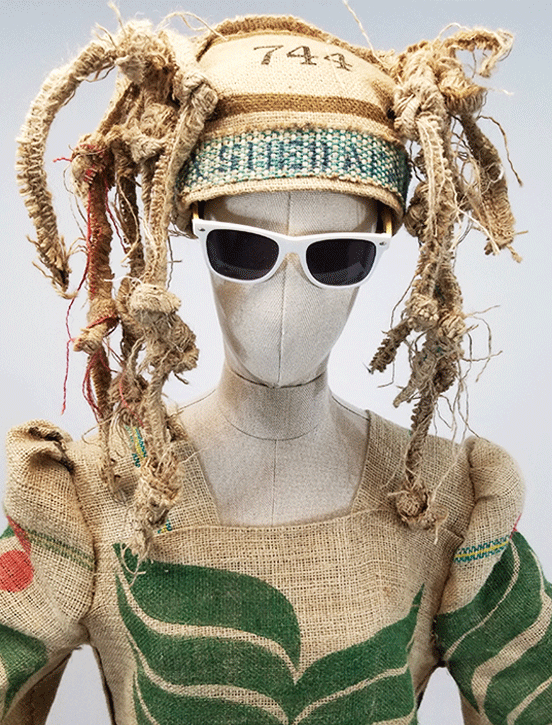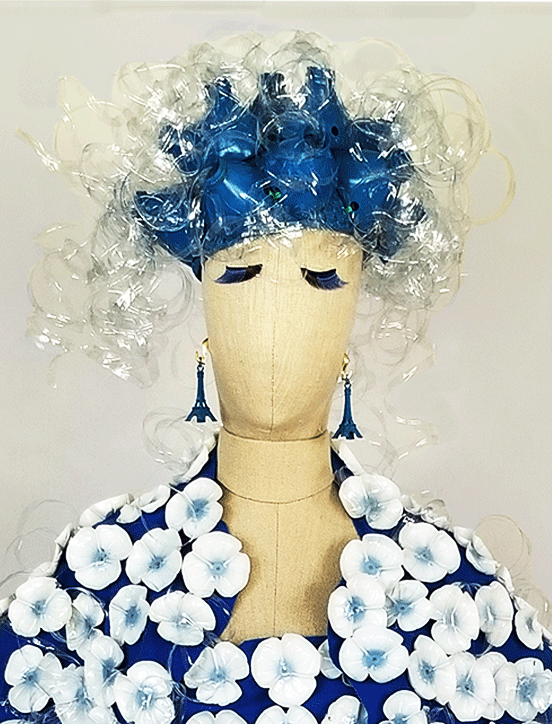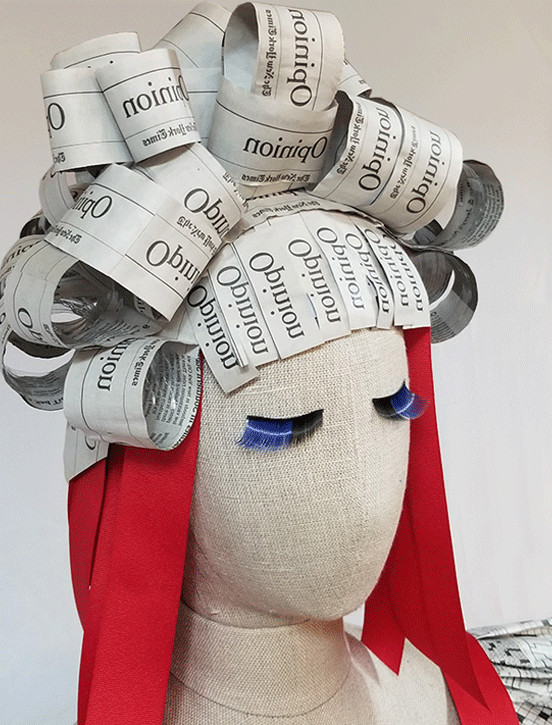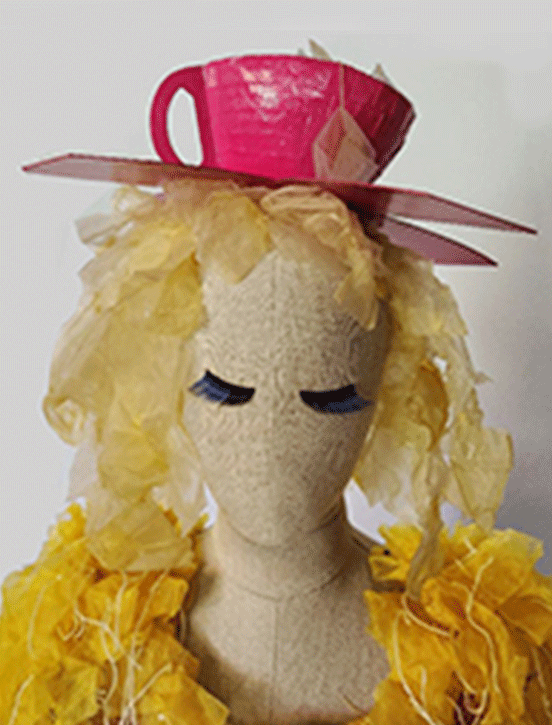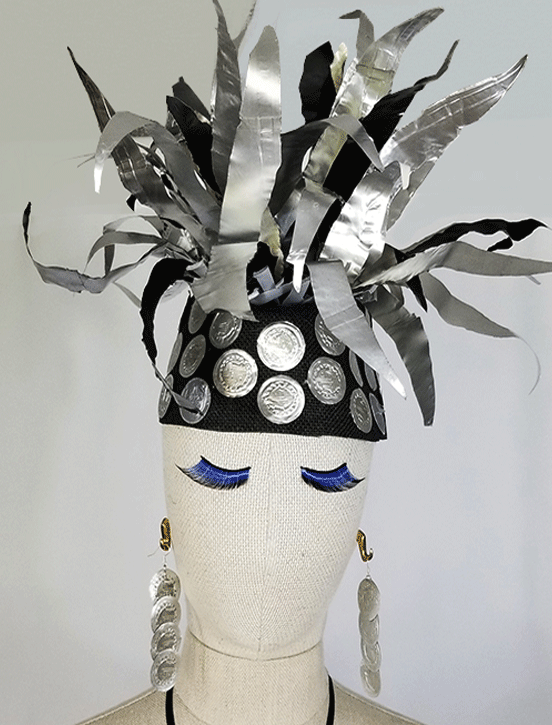The South’s ugly past (and present) struggle with racism has been the topic of many novels, but few authors have handled the post-Civil Rights Movement period with such skill as Nancy Klann in The Clock of Life. How did the South handle friendships between white and black students in recently-desegregated schools? What happened to the Vietnam War veterans after their shamed reentries into American society? What was the relationship between the Civil Rights Movement and the Vietnam War in the personal lives of Southerners? Klann addresses these questions and more in The Clock of Life with both sensitivity and brutality.
The Clock of Life follows Jason Lee Rainey, who was born shortly before the death of his father in the Vietnam War in rural Hadlee, Mississippi. He spends his time with his young, secretive mother, Vietnam War disabled veteran Uncle Mook, and playful, African-American best friend, Samson. His friendship with Samson causes controversy in their small town from both white and black citizens, but Samson helps him in his search to understand the legacy of his father, who infamously marched in Selma with Martin Luther King, Jr. As he begins to understand his father’s larger-than-life identity, he asks himself if he can become the sort of man revered by everyone else.
As soon as I realized that this novel addressing racial relations in the South was during the 1970s and 1980s, instead of the usual antebellum or 1960s periods, I was immediately intrigued. My parents grew up in the post-Civil Rights Movement and post-Vietnam War period in the South, experiencing some of the same racial issues endured by Jason Lee. It takes a talented Southerner to accurate understand and perfectly relate the complexities of the South. I can only say that I look forward to Klann’s next historical fiction novel. 300 Word Book Reviews blog by Lisa Jones


